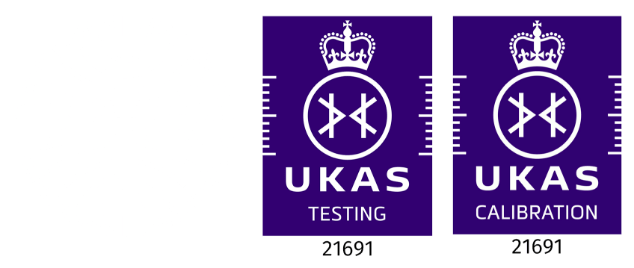Soil Temperature/Moisture Probe
Munro Instruments provides sensors to measure the following soil quality parameters:
- Electrical Conductivity (EC): Measures the ability of soil water to carry electrical current. This allows users to assess the EC response to salts and fertilisers in the soil.
- Volumetric Water Content (VWC): Indicates the quantity of water held by the soil. This is achieved through measurement of the dielectric constant of the soil.
- Soil Temperature: The temperature of the soil plays an important role in agricultural productivity.
- Soil Water Potential: Indicates the tendency of water, held by the soil, to move.
What Are Soil Temperature and Moisture Probes?
Soil temperature and moisture probes, often referred to as soil sensors, are specialized devices designed to measure and record key parameters within the soil. These probes are equipped with sensors that collect data on temperature and moisture levels at various depths below the surface.
The Importance of Soil Temperature
Understanding Soil Temperature Variation
Soil temperature plays a pivotal role in agriculture, affecting seed germination, root development, and microbial activity. It’s crucial to comprehend the fluctuations in soil temperature and how they impact plant growth.
Seasonal Variations
Soil temperature varies significantly with the changing seasons. It’s essential to monitor these fluctuations to make informed decisions regarding planting and irrigation schedules.
Monitoring Soil Moisture Levels
Efficient Water Management
Maintaining the right soil moisture levels is essential for efficient water management. Soil moisture probes help in determining when and how much to irrigate, preventing both over- and under-watering.
Conservation of Resources
By accurately assessing soil moisture, farmers can conserve water resources and reduce the environmental impact of excessive irrigation.
Applications in Agriculture
Precision Agriculture
Soil sensors are a cornerstone of precision agriculture, allowing farmers to tailor their cultivation practices to specific soil conditions.
Irrigation Management
Automated irrigation systems, driven by soil moisture data, optimize water usage and enhance crop yields.
Environmental Impact Assessment
Soil Health
Soil temperature and moisture data aid in assessing soil health, identifying trends, and implementing conservation practices.
Erosion Control
Monitoring soil moisture helps in preventing soil erosion, preserving valuable topsoil.



